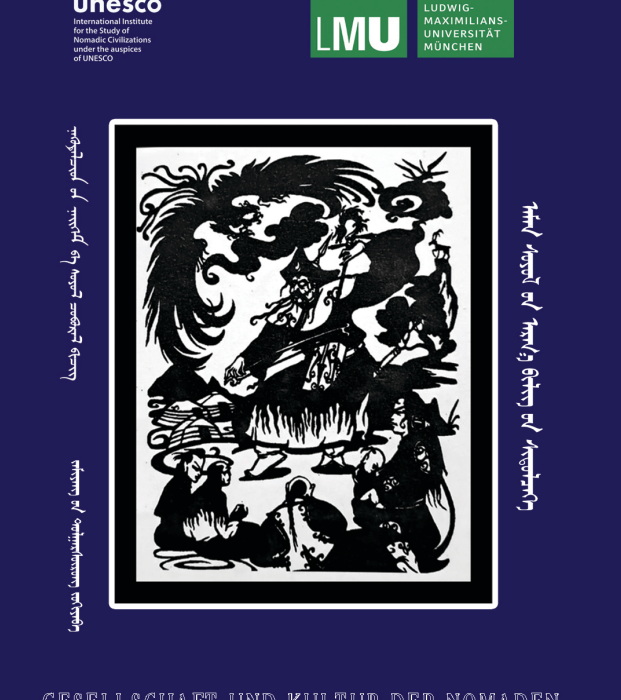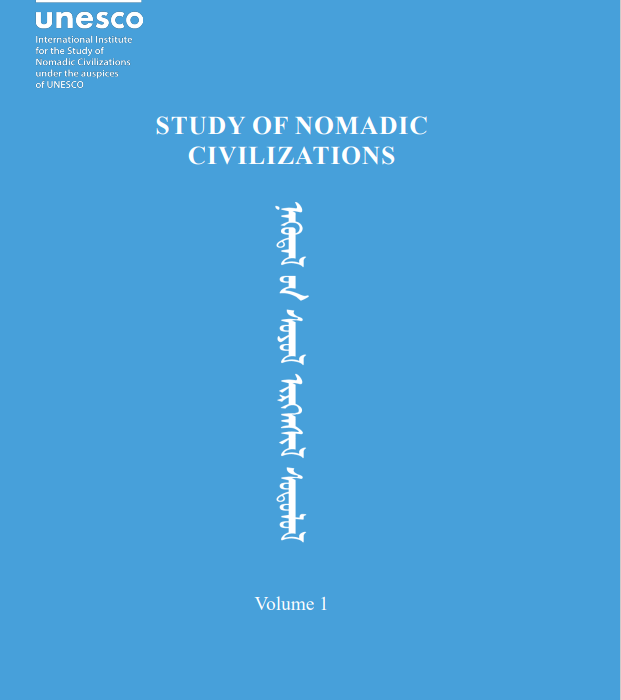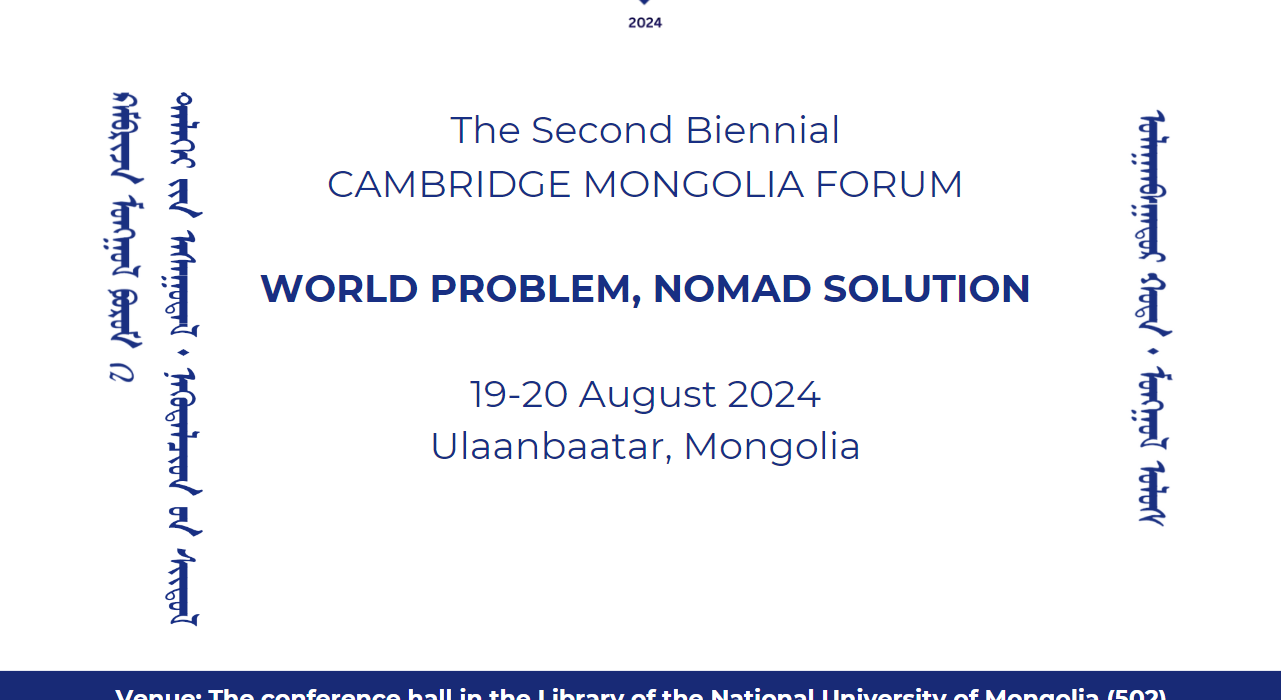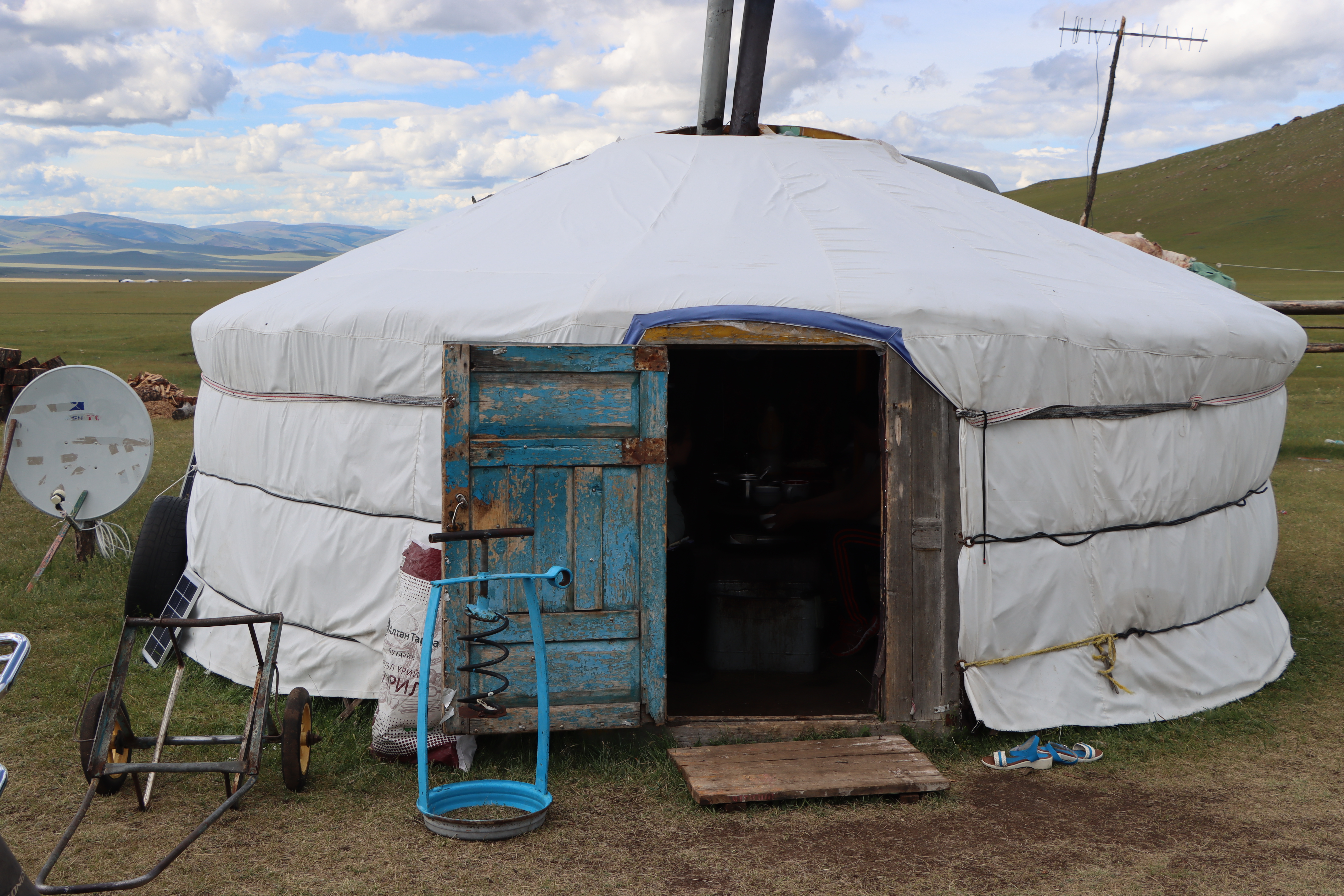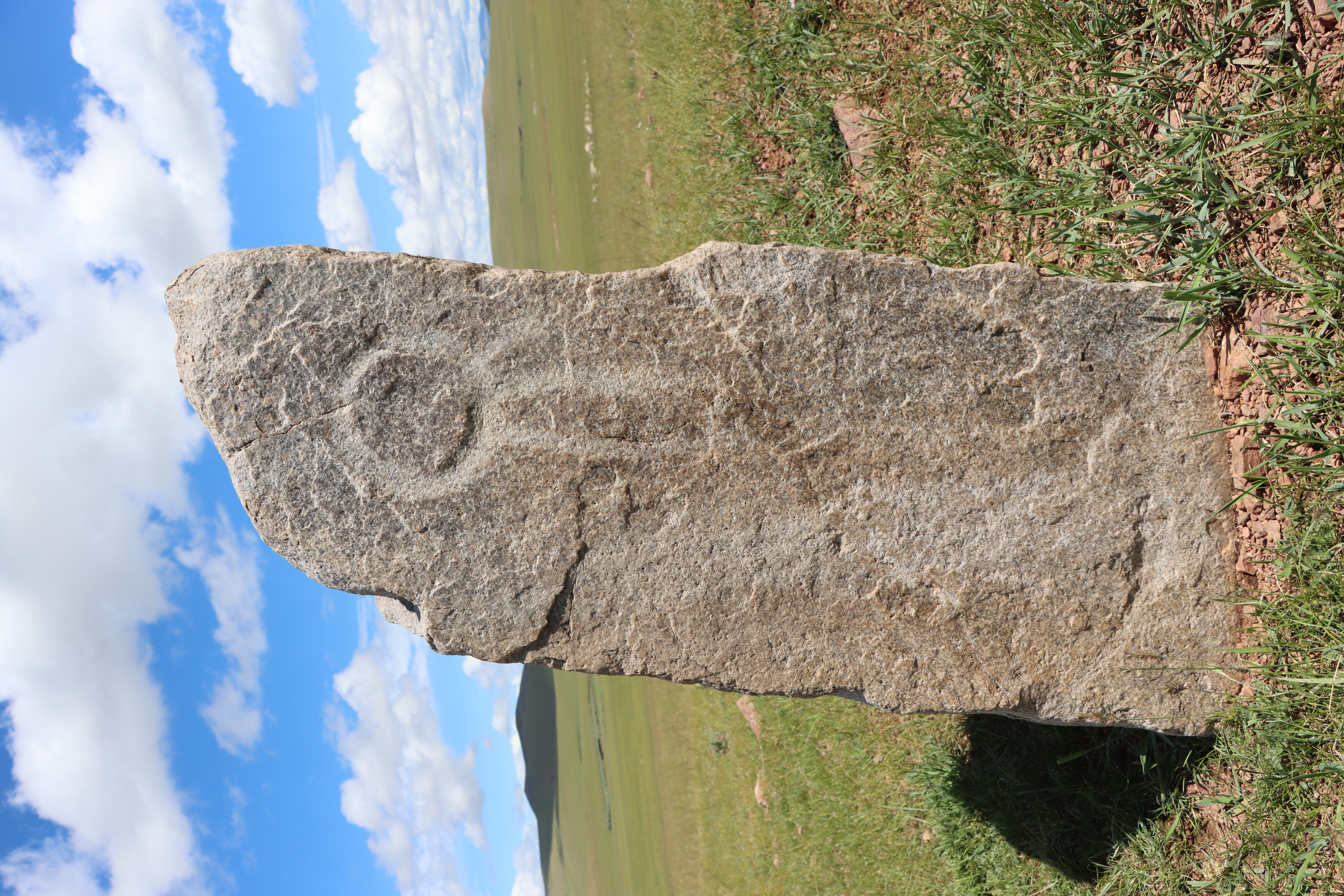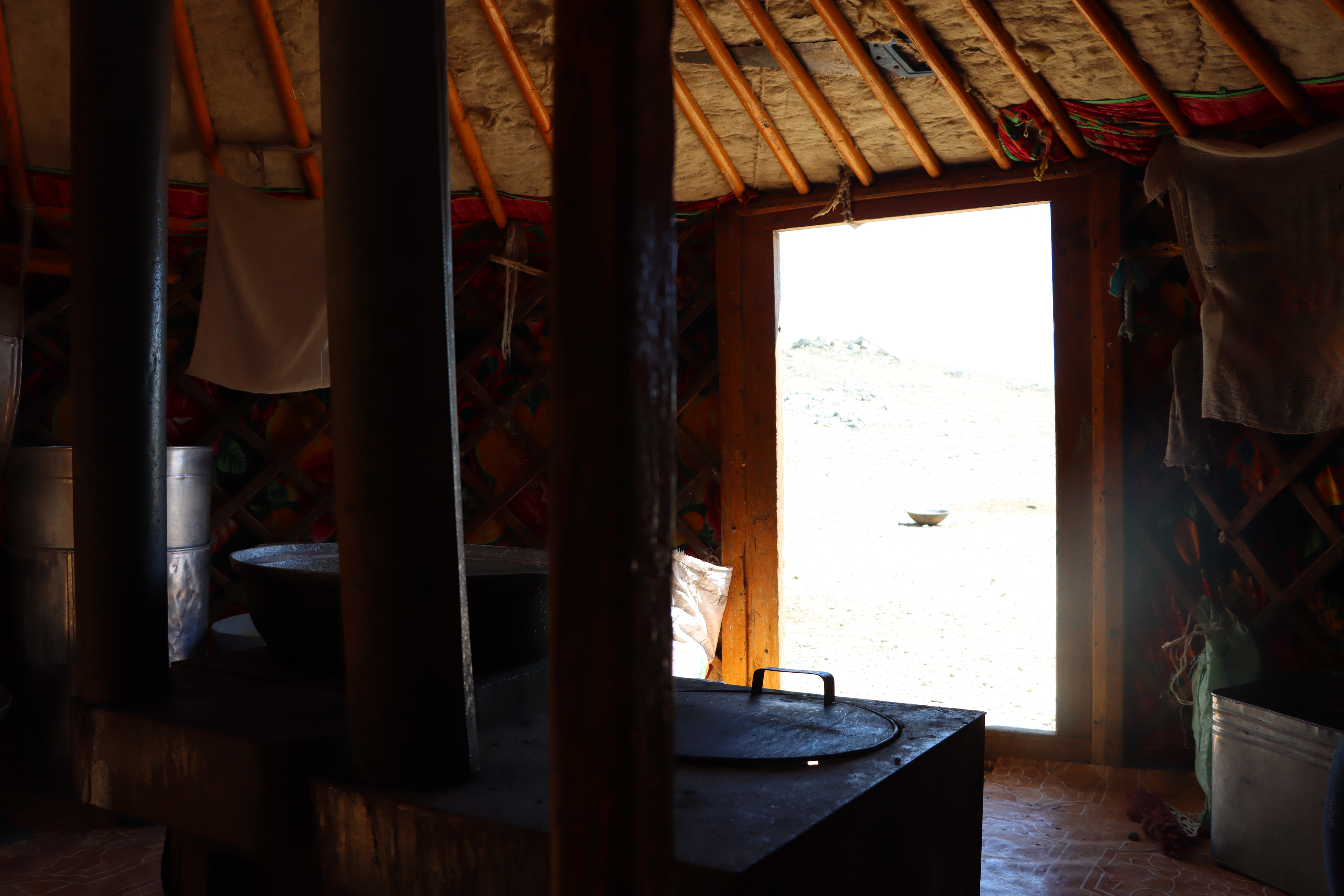1
1,
Recent News
현재 1페이지, 전체 페이지
Our functions
Instigate, coordinate
Instigate, coordinate, and conduct joint research projects, expeditions, and field research, and publish the results and findings for;
Read More
Hold interregional
Hold interregional and international conferences, workshops, and symposia regularly
Read More
Assist in training
Assist in training researchers, in particular young researchers, encourage their professional development, and promote the exchange of specialists;
Read More
Provide advice
Provide advice and recommendations on general or specific issues concerning the restoration, preservation, and protection of the tangible and intangible cultural heritage of nomadic people;
Read More
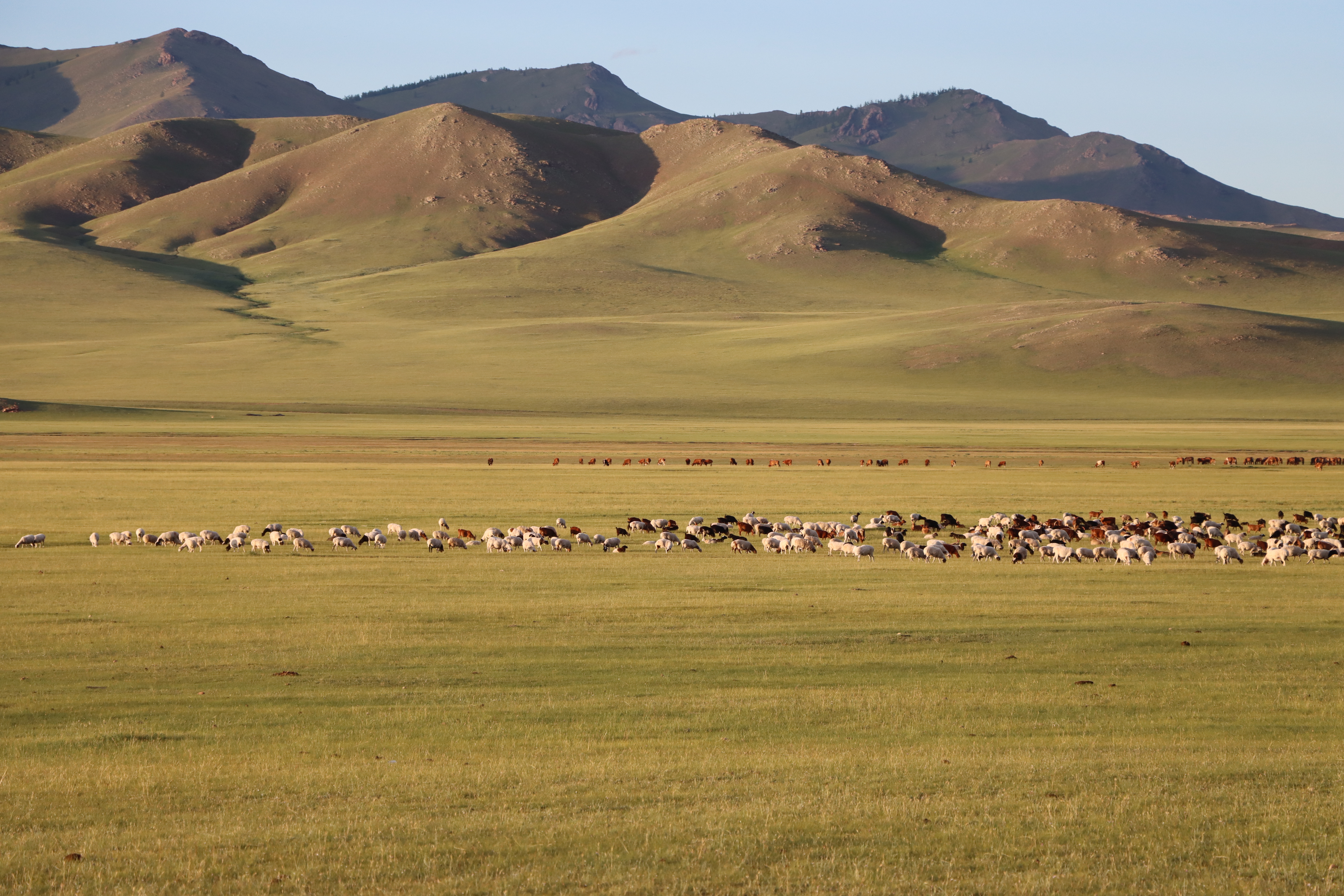

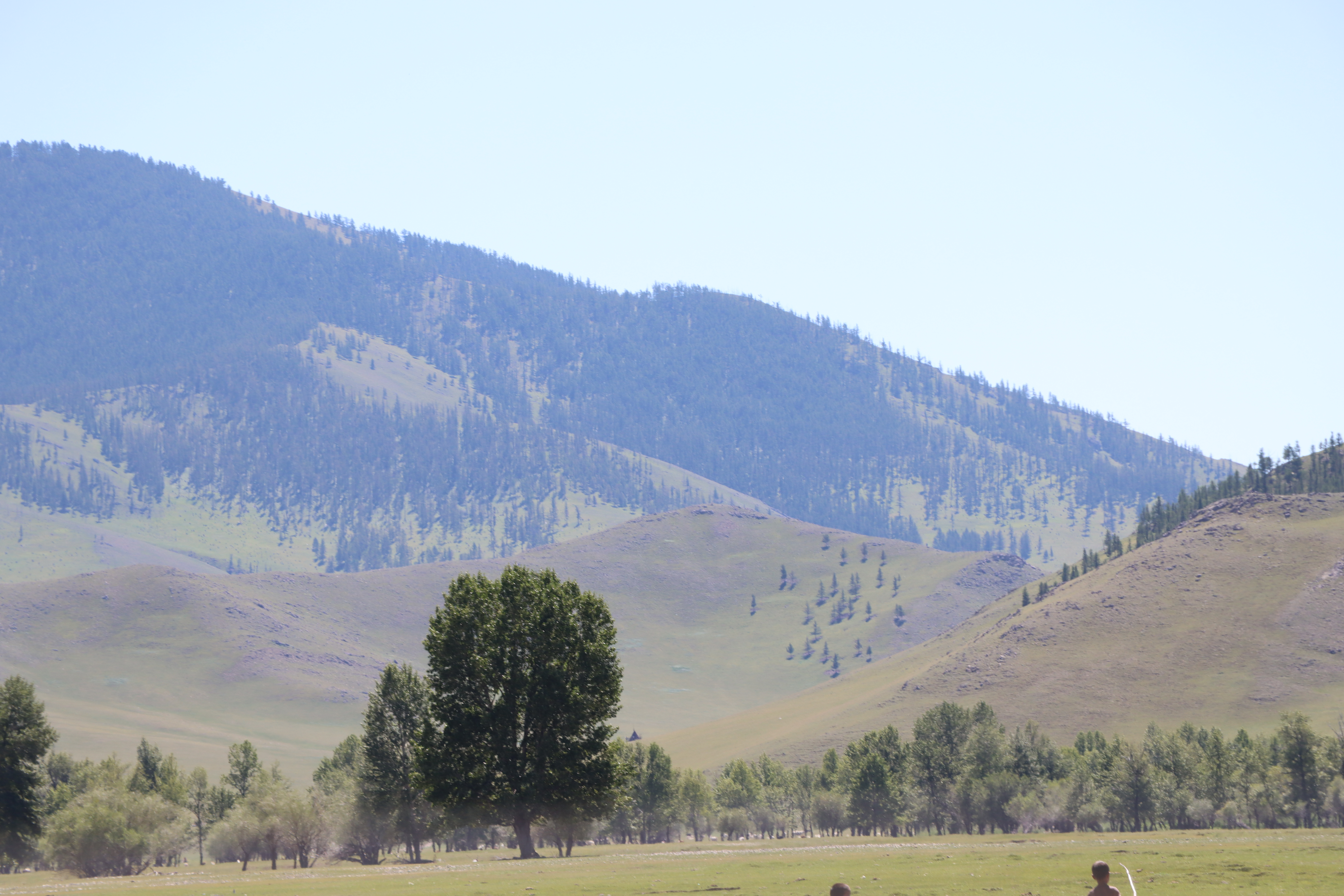
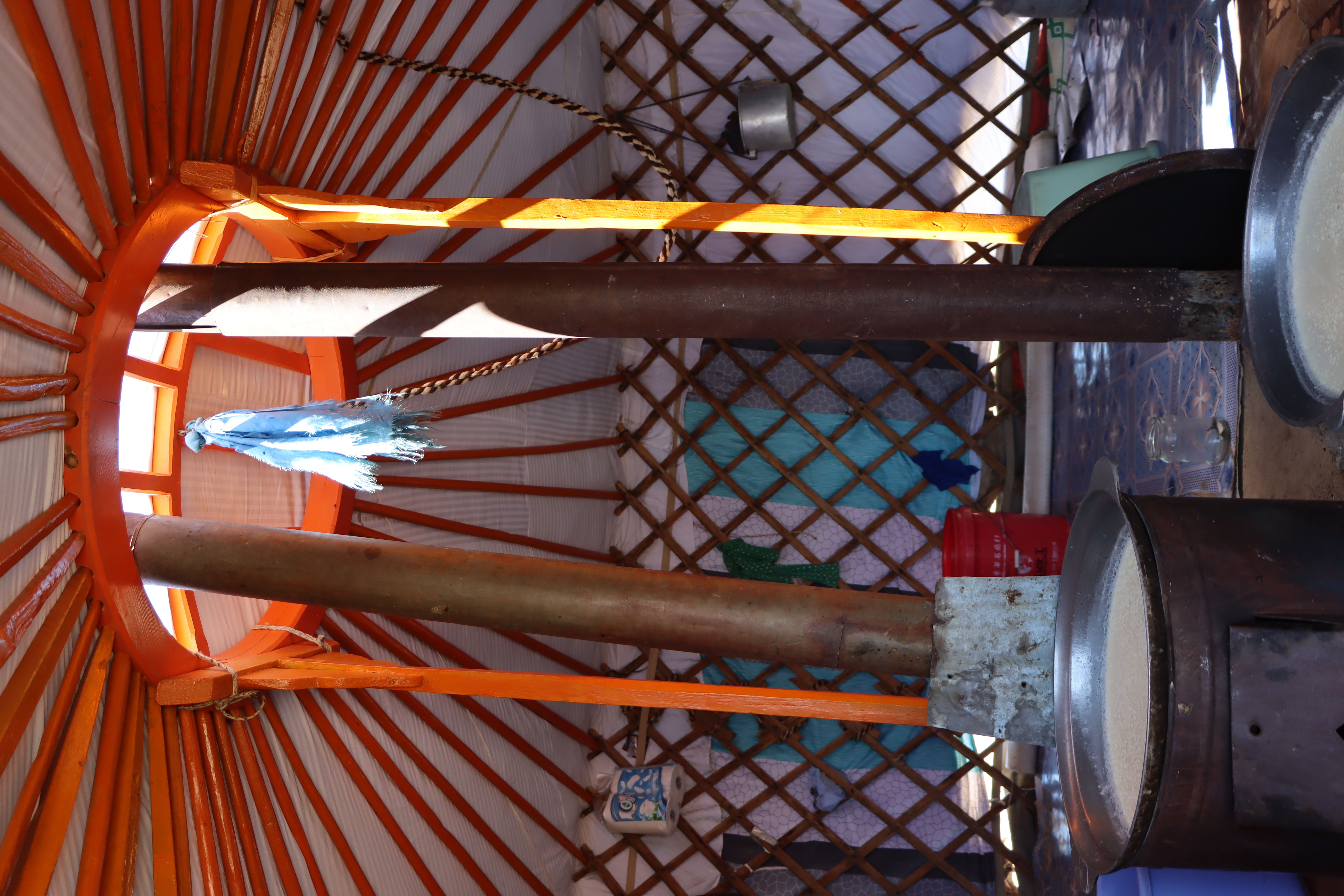
1
PROGRAMSExplore living heritages and learn from our projects and publications.
Cultures and civilizations
1
Instigate, coordinate and conduct joint research projects, expeditions and field research, and publish the results and findings for
2
Hold interregional and international conferences, workshops and symposia regularly;
3
Assist in training researchers, in particular young researchers, encourage their professional development and promote the exchange of specialists;
4
Provide advice and recommendations on general or specific issues concerning the restoration, preservation and protection of the tangible and intangible cultural heritage of nomadic people;
5
Collect, study and circulate documentation and information about nomadic cultures and civilizations.
Objectives
The mission of the Institute is to build an international network for nomadic studies, to deal with the possibilities and requirements
of contemporary
scientific and multidisciplinary research, with relevant issues including preservation and conservation of the unique historical and cultural heritage of nomadic peoples.
Read More
As well as sensitize policymakers and societies to the needs and concerns of nomadic communities and assist the Nomads in overcoming the challenges, they
face in today’s world.
Read More
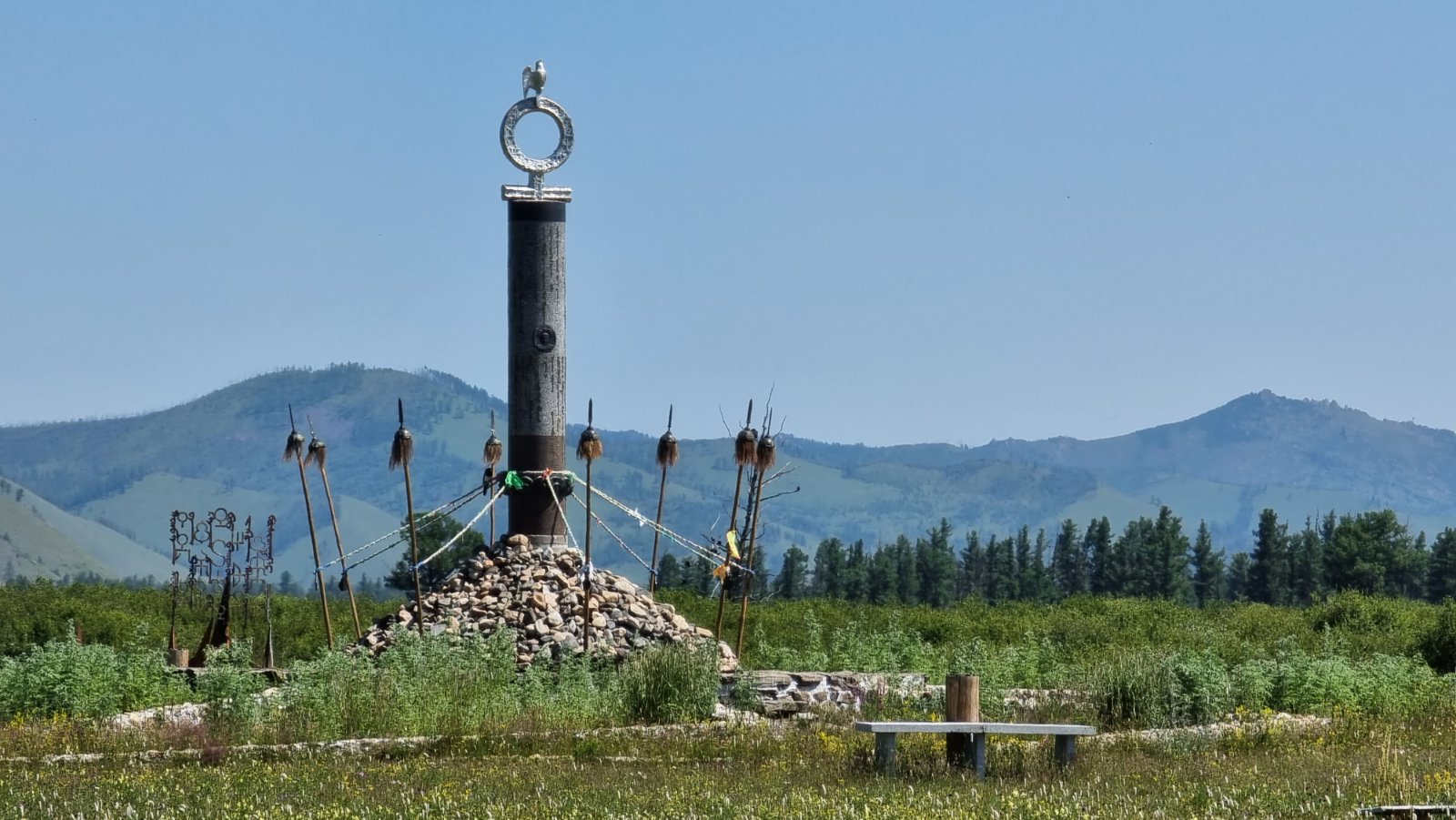
QUICK MENU
QUICK MENU
There is no registered quick menu.
